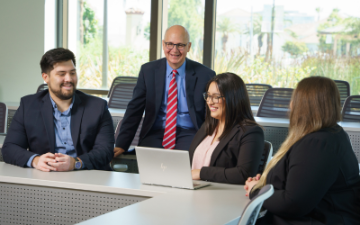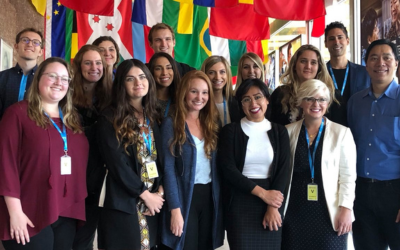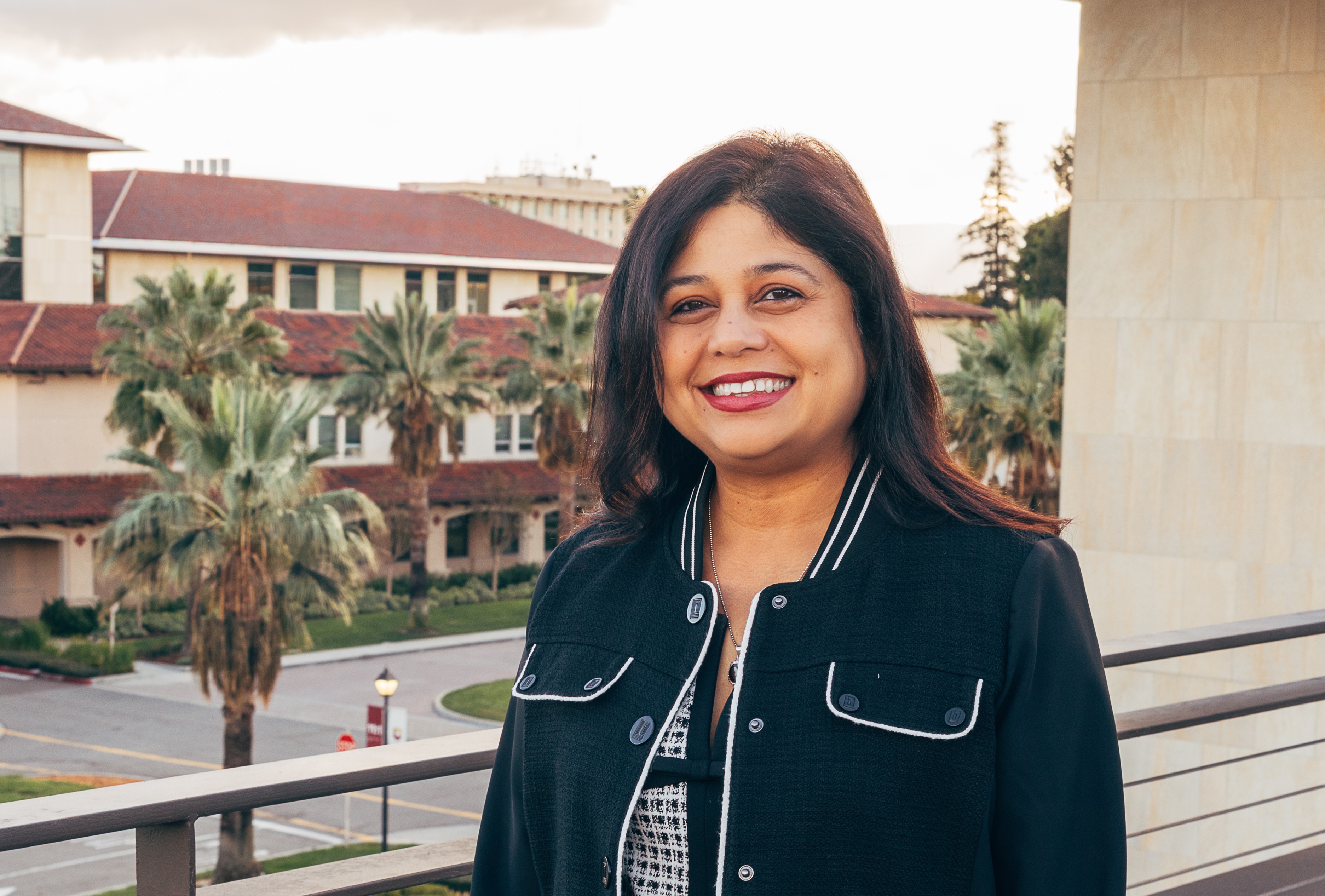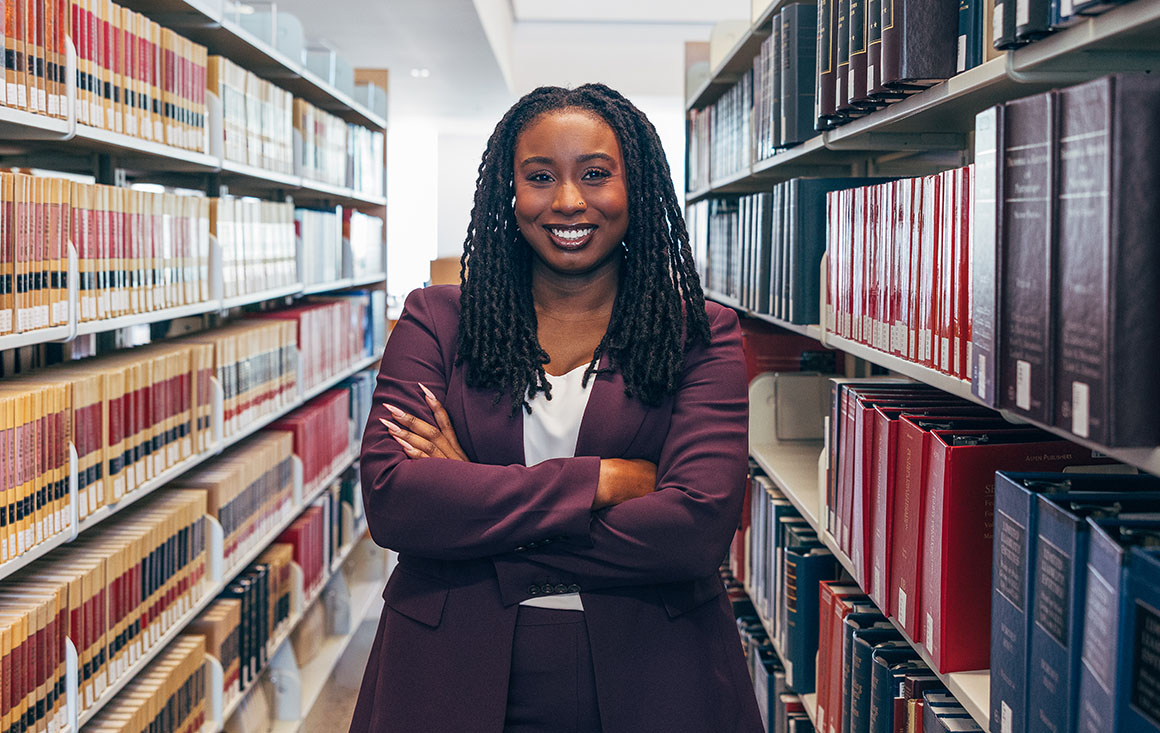
Degree Programs
A degree from Santa Clara Law empowers you to lead in top law firms, drive global justice, and make a lasting impact. With rigorous academics and a focus on collaborative innovation, we equip you to shape the future of law and create meaningful change.

Centers, Programs, and Institutes
Gain hands-on experience through our renowned centers, clinics, and programs, refining your skills in real life settings. Join a supportive community and seize opportunities to lead, advocate, and make an impact.

Experiential Learning
At Santa Clara Law, we turn theory into practice. With experiential learning in the curriculum and strong support for internships, externships, and community initiatives, we provide the tools and mentorship to prepare you for a successful legal career.
BY THE NUMBERS

Why Choose Santa Clara Law?
Santa Clara University School of Law prepares lawyers to lead with excellence, integrity, and justice. Located in Silicon Valley, it offers a rigorous program with certificates in high tech, international, privacy, and public interest law, plus graduate degrees. Renowned for its expert faculty and top-ranked intellectual property programs, Santa Clara Law equips students to drive innovation and advocate justice.


